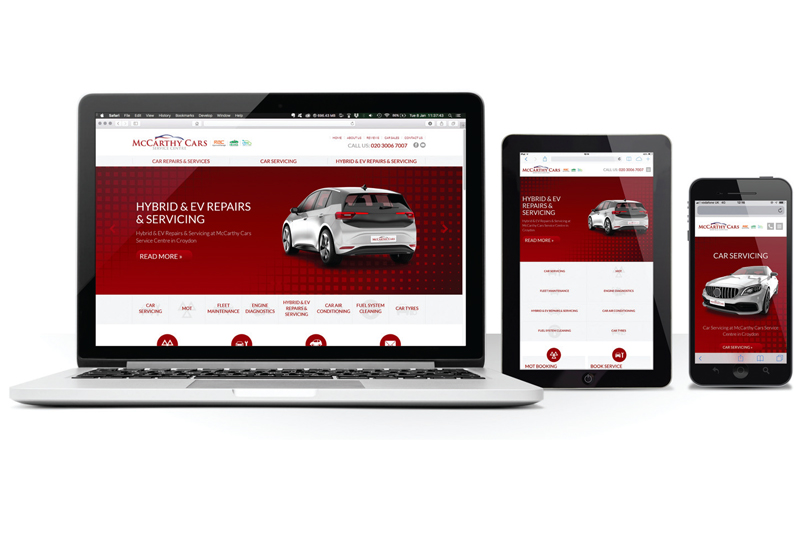
As independent garage owners continue to be busy, aftermarket online specialist, Jim Lang from Garage Services Online, tells us how to make more money from the same number of ramps.
Independent garages are busier than ever, but that’s not necessarily a good thing if your garage is running you, rather than you running it. This is often the result of still operating in ‘start-up’ mode – head down, work hard, get to the end of the month. Businesses carry on like this for years but there are changes you can make to maximise your garage’s higher earning potential.
Garage repairs and services are generally a distress purchase; for independent garages, this can be both a blessing and a curse. You have a lot of potential customers that need you, but the reality is, you may not need all of them. Accepting every job that comes in is a habit we carry with us from ‘start-up’ mode; grab all the work now in case it goes quiet later. This approach doesn’t optimise your business.
The reality for most garages is that a sizable portion of hours are left unbilled on a daily basis. Against this background, job selection based on higher efficiencies and earning potential have a significant impact when it comes to turning a profit at the end of every day. Here are some ideas on how to generate more ‘clean’ work and make more money.
Step One
Get a garage management system. This will tell you what you do well and what you don’t. Data doesn’t lie and this will give you a great outline of where your time and money are going. Once you have that information, you can identify what work is profitable, and more importantly, what isn’t.
Step Two
Get a website that has the ability to change the profile of work coming into the garage. A GMS and a garage website are a match made in heaven. After your GMS has identified your most profitable work, your website is the crucial link, the matchmaker between your best customers and your garage. These customers have the profitable jobs that, given a magic wand, you’d fill your ramps with all day, every day.
Whilst a website and GMS carry a monthly subscription cost, used correctly they’ll not only save time and money, but make money too. What’s more, because their very essence is data driven, garage owners can see how they’re covering their own costs.
As you offer a distress purchase, people aren’t visiting your website to browse. They’re just looking for someone who can offer what their vehicle needs and is easy to get in touch with. This will most likely start with an online search, specific to the garage service they’re looking for. Your website needs to give search engines like Google an individual page for every single profitable service your GMS has identified. This means your garage website will contain all the information required to match a potential customer’s search – and is why Google will favour it.
If the website has anything less than a well-structured page for each service you want to be found for, you’re not targeting work in a strategic way. Many websites fail in being interactive with how people search online and are no more than an ineffective online brochure that’s incapable of generating the specific work a garage wants. This is why it’s vital to work with a website agency that has specialist garage sector knowledge.
Step Three
Once you’ve attracted the ideal customer, make it easy for them to book or get in touch. This is where the GMS and website combination comes into its own again. A good GMS system will have a booking facility. Plug this into your website so customers have the option to book there and then.
Step Four
Commit to the change and develop a new culture in the workplace where you start saying ‘no’ to certain types of work. There are always going to be jobs that you feel obliged to take on, even if you know they’re not profitable. But it’s only by saying ‘no’ or fudging a ‘no’, that you can capitalise on the work you’ve identified you want coming in.
Ultimately, as a garage business, time is the only thing you are in control of. That’s why it’s essential to identify the type of work – and therefore the type of enquiries – you want to build a business and a pipeline around.









